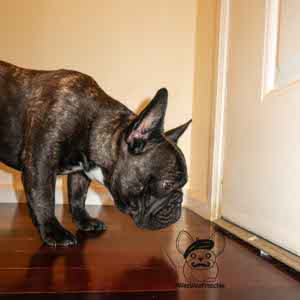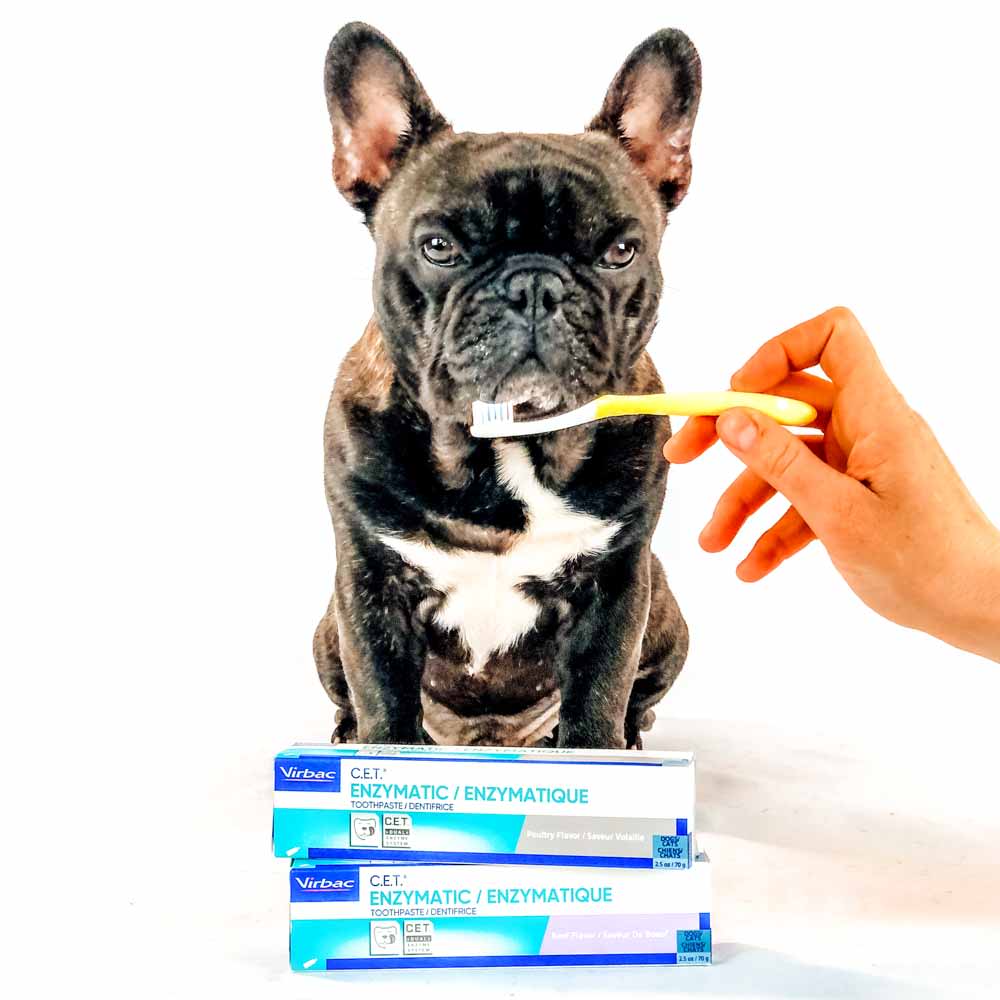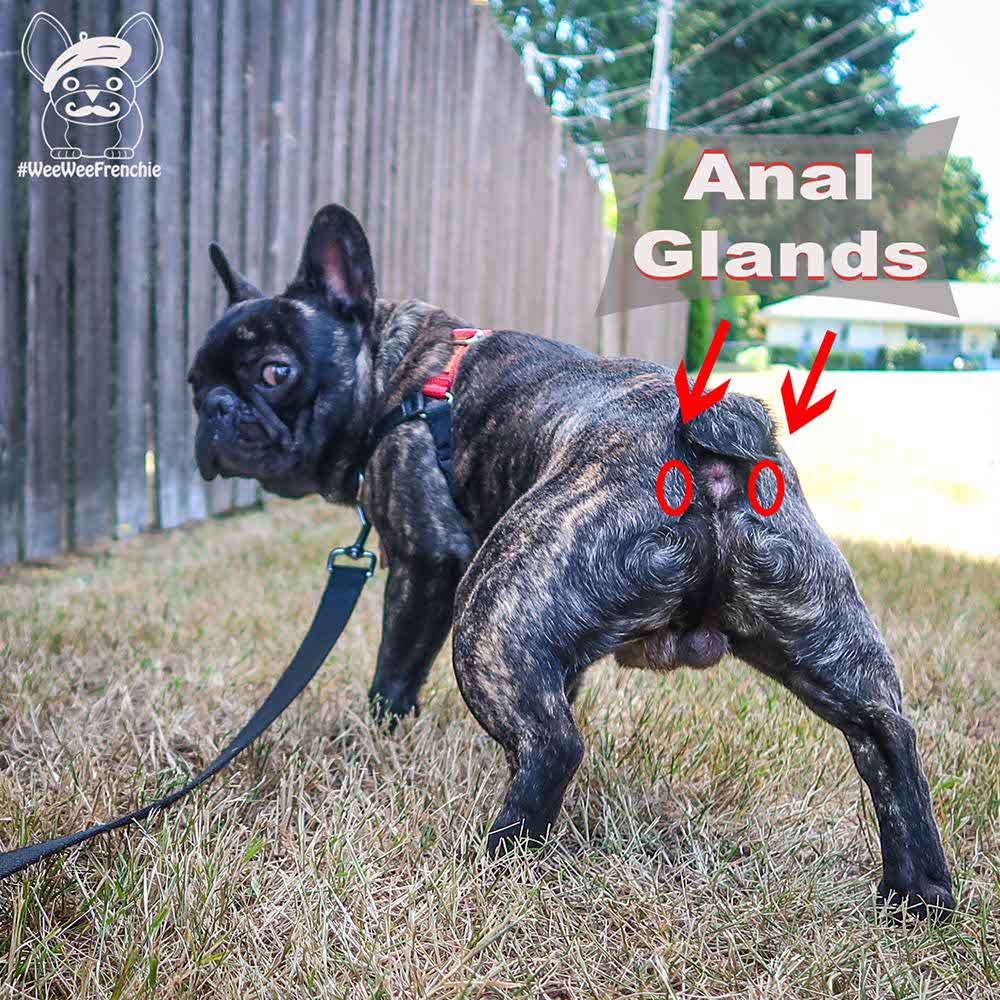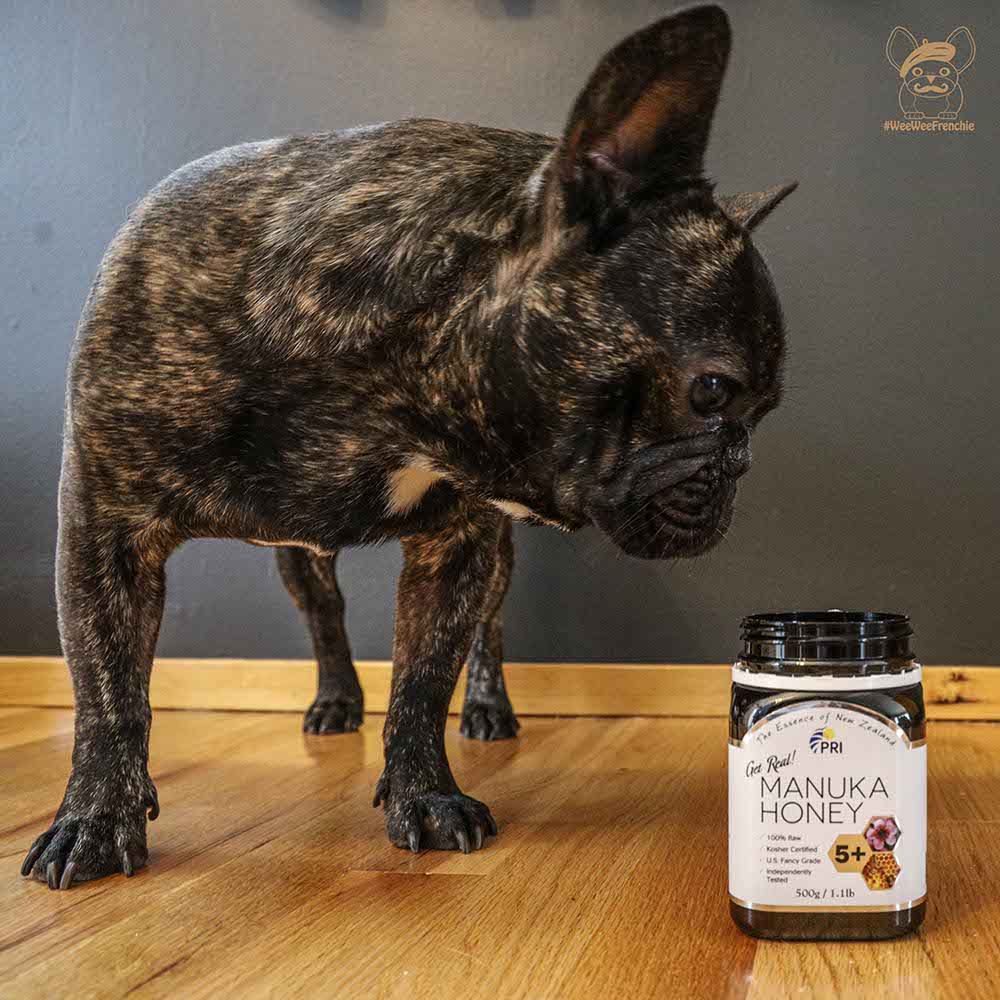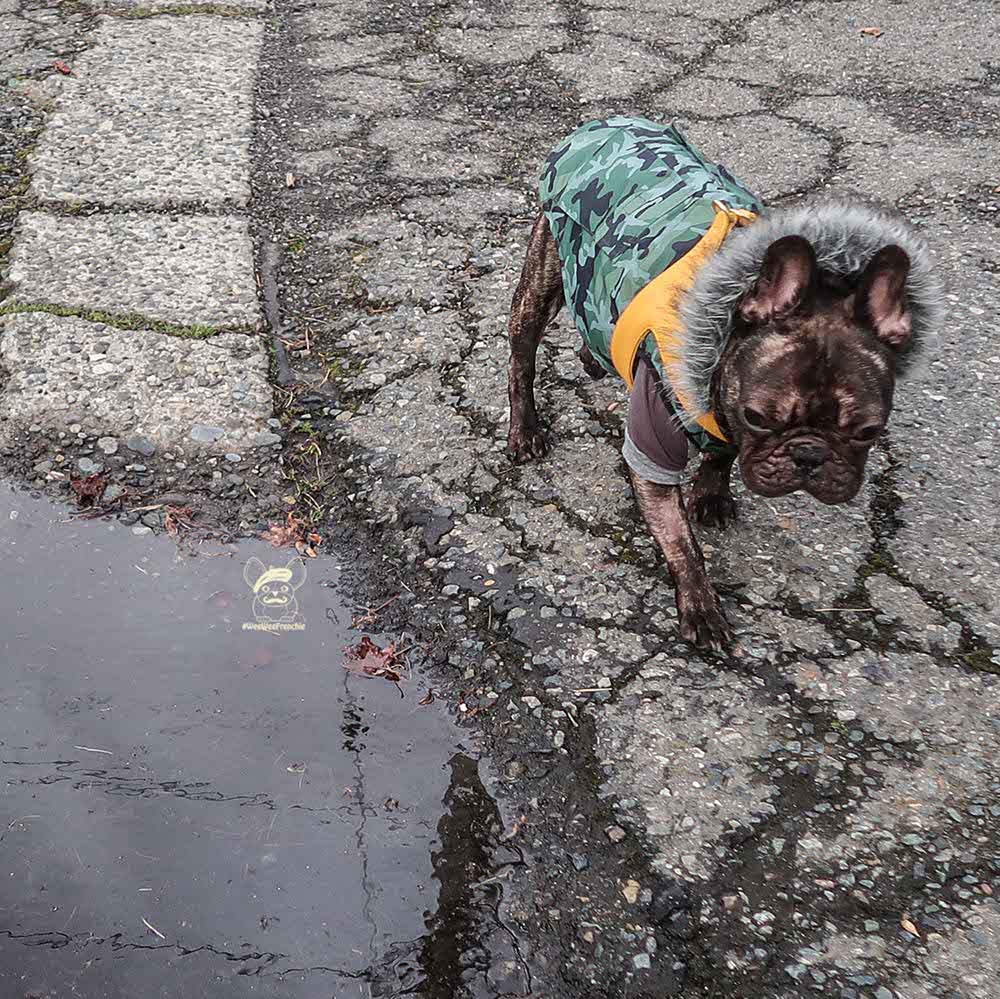Separation Anxiety in Dogs
What is routine life to me is not necessarily normal life for my French bulldog, Cooper. I know what happens when I leave for work or another commitment but to my dog, I have ventured off into the unknown abyss beyond the front door to a world that is far away.
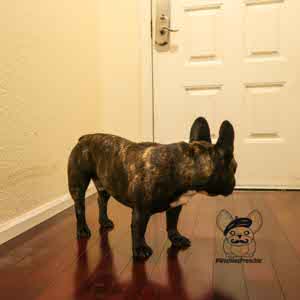
What is routine life to me is not necessarily normal life for my French bulldog, Cooper. I know what happens when I leave for work or another commitment but to my dog, I have ventured off into the unknown abyss beyond the front door to a world that is far away. Will I return home (especially by dinnertime)? Will I return home unscathed from my adventures? Separation anxiety can happen to any dog from mild experiences to very stressful situations. What could be a few minutes away for a human could feel like days to a dog.
When seeing my own dog’s behavior, I see him run to the door and wait when anyone from his “pack” has left the house. Considering that dogs are pack animals, they are used to having their canine friends by their side from a very young age; eating, sleeping, and playing together. When a dog leaves their canine pack, their new pack becomes you and your family. Bottomline, a dog gets attached to his family, whether human or animal members, so when one family member leaves, even for a small moment, it can cause stress and anxiety for your dog.
For some animals, separation anxiety can cause more severe behavioral issues like defecation or destruction of furniture or personal belongings; however, these types of outbursts could also be your dog signaling he is suffering from a health condition. Make sure to get annual vet check-ups to rule out health issues versus a behavioral issue. For this discussion, the focus will be on less severe forms of separation anxiety and four ways to manage.
Is your canine getting enough exercise? Dogs can have behavioral outbursts if left alone for too long or if bored. Take your dog for a walk or have play time prior to leaving the house for an extended period of time. A play time of twenty to thirty minutes should suffice and help your dog nap while you are away from home.
Is your dog bored? Another option is to give your dog an activity when alone so that he has something to occupy his time. Leaving your dog with a toy, like a Kong toy stuffed with peanut butter, will keep your dog entertained for around twenty minutes. Hopefully, having an activity distracts your dog so that he forgets being home alone.
Does your dog need his own space? If you have the luxury of space in your home, create a designated area or room that is for your dog. A bright area or room with windows reduces anxiety versus a dark room. Dark rooms could cause the dog to feel like he is being punished, which could increase stress, as well as anxiety. Make the space comfortable with a dog bed or crate, and add plenty of his favorite toys. By keeping the dog in a familiar space, it can help reduce anxiety while you are away. Experimenting with using a “safe word” spoken to your dog before you leave helps to teach your dog that even though you are leaving, you will return. If your dog likes to watch TV, putting on a dog movie or an animal television show may help to keep him occupied and reduce loneliness. Also, playing soft music can help to drown out jarring sounds from outside and create a more tranquil environment.
Does your dog need some kind of companionship? Every dog reacts differently to having alone time, and some dogs need interaction throughout the day. If you worry about your dog while away, getting a two-way video device allows for both verbal and visual communication between you and your dog, which could lessen anxiety. Some devices allows for viewing your pet through a “silent” feature that allows for viewing of your pet without interruption. Also, some devices dispense dog treats for good behavior. These devices are not cheap but are a good option if you worry about your pet throughout the day. Eventually, you will find what works for you and your dog.
French bulldogs do not like to be left alone for long periods of time so if you are thinking about getting a Frenchie, make sure that your schedule allows flexibility to spend more time at home. Initially, experiment with leaving your dog for small amounts of time, before leaving for longer durations.
Patience, as well as trial and error, is the key to developing a routine for your dog. Even though your canine may not enjoy being home alone, the goal is to create a calm and rewarding experience for your dog in your absence. Creating a positive experience while away also means rewarding your dog for his good behavior when returning home. Seeing his happy dog face when returning home is reward enough for us but to a dog, he is happy because his “pack” has been reunited and peace has been reestablished.
“A dog is the only thing on Earth that loves you more than himself.” ~ Josh Billings
